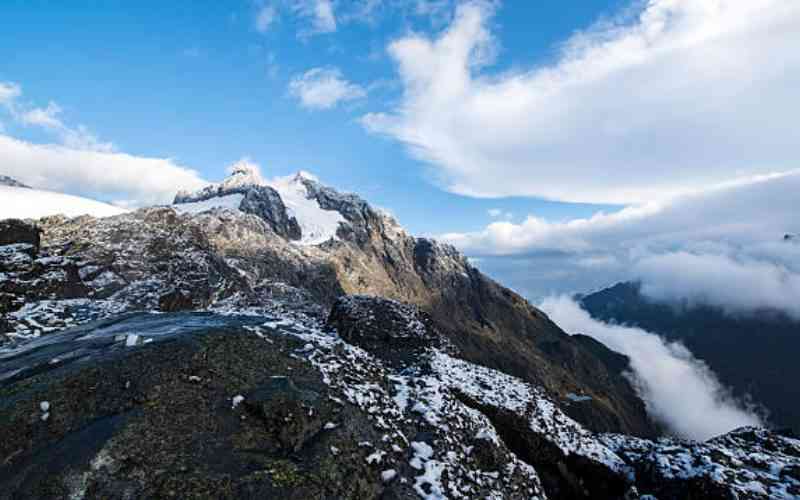×
The Standard e-Paper
Stay Informed, Even Offline

When Dr Ludwig Siefert arrived in Uganda from Germany in the 1990s, he could see and even take photos of snowy caps of the Ruwenzori Mountains.
A giant sheet of ice had fully covered the iconic and majestic mountain on the border between Uganda and the Democratic Republic of Congo (DRC).